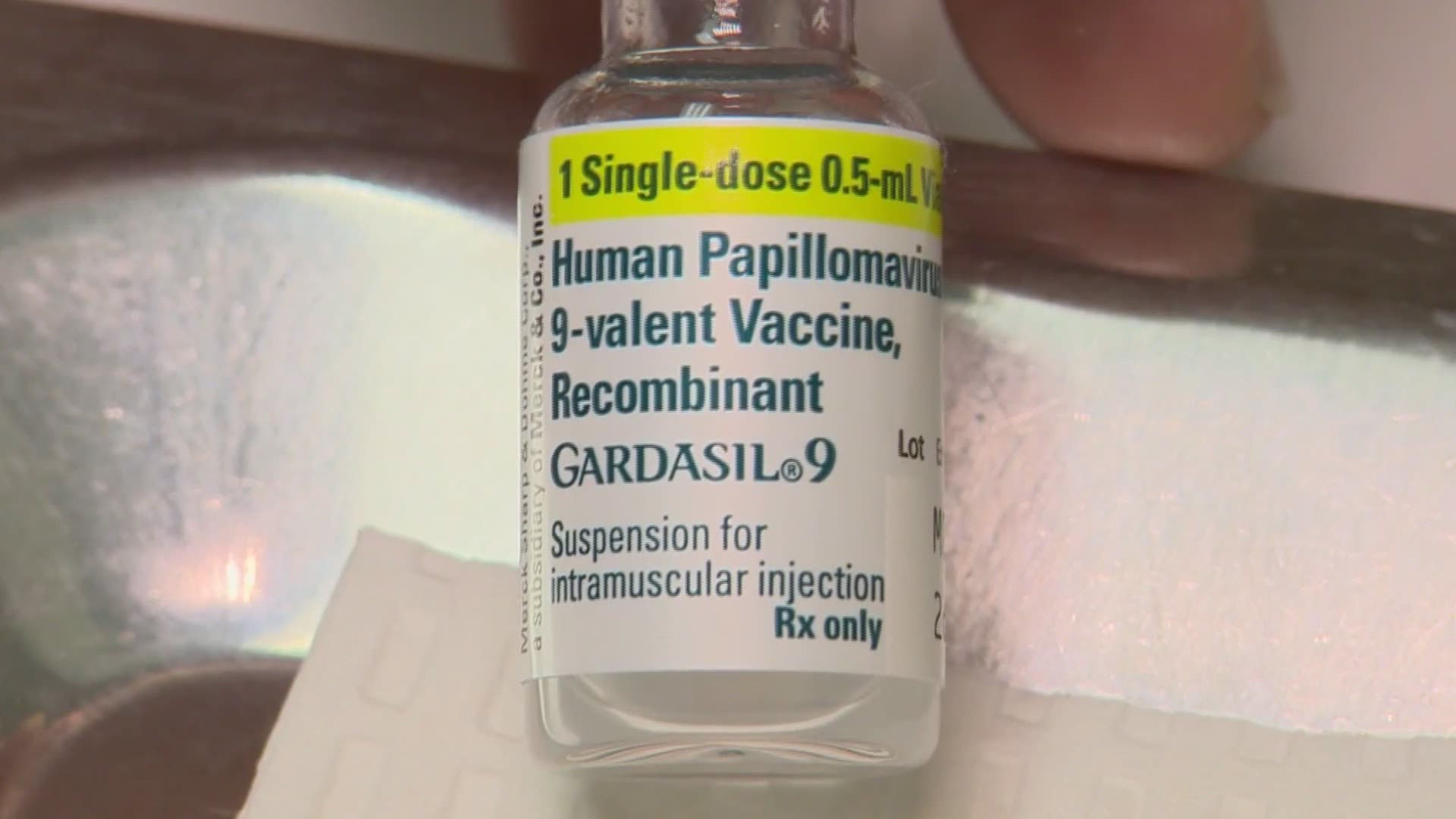NEW ORLEANS — There's a sexually transmitted virus that most people never even know they've gotten. For some, it can cause cancer and become a silent killer.
New research suggests your diet might help prevent serious health problems from the common infection.
Human Papillomavirus is the most common sexually transmitted infection.
“If you've had three sexual partners in your life, you have gotten an HPV infection. It's that prevalent,” said Dr. Michael Hagensee, an infectious disease expert and microbiologist at LSU Health Sciences Center.
In most people, around 80 to 90 percent, HPV is harmless. Your body clears it in a year or two, but some people can't. And certain types of HPV can lead to genital warts or cancer. Those cancers are of the penis, vagina, vulva, cervix, anus and oral cancers of the throat and tongue.
“Oral cancer is the most concerning, because that's been rising in incidence over the last 10-to-20 years, probably related to our sexual practices,” Dr. Hagensee explained.
There are usually no outward signs or symptoms of HPV infection, nor is there treatment to get rid of the virus. That's why regular pap smears and genital exams are so important. Caught early, precancerous lesions are treatable. But there are no similar oral screenings for infection.
Both Dr. Michael Hagensee and Dr. Hui-Yi Lin, at LSU Health Sciences Center, study HPV infection.
“Around like 20 percent of U.S. women have been infected with the high risk HPV. That means they are in the high risk group for developing cervical cancers,” said Dr. Hui-Yi Lin, in Biostatistics at LSUHSC.
And Dr. Lin's latest research also uncovered that women with HPV that lingers in their bodies, have lower levels of four antioxidants – vitamins A, B2, E, and folate as well as the blood protein, albumin.
“It is affected by the protein intake, the protein we eat,” Dr. Lin said of albumin levels.
So foods with protein: nuts eggs, dairy, meats, along with and fruits and vegetables, and a multivitamin may help. It might be that those good dietary choices make your immune system better able to get rid of the virus.
“What a great way to maybe help prevent cervical cancer, by just having changes in your diet. And these are changes in your diet you should probably have anyway,” Dr. Hagensee said.
And for another defensive move to prevent HPV cancers, Dr. Hagensee recommends vaccines such as Gardasil, that protect against nine types of HPV. It's only approved now for nine to 45-year-olds. And although it is best given at a younger age, he believes middle-aged and older people at risk for HPV transmission, could benefit from the vaccine too.
And the doctor says that condoms can help protect against some, but not all, of the ways of transmitting HPV to a partner.

